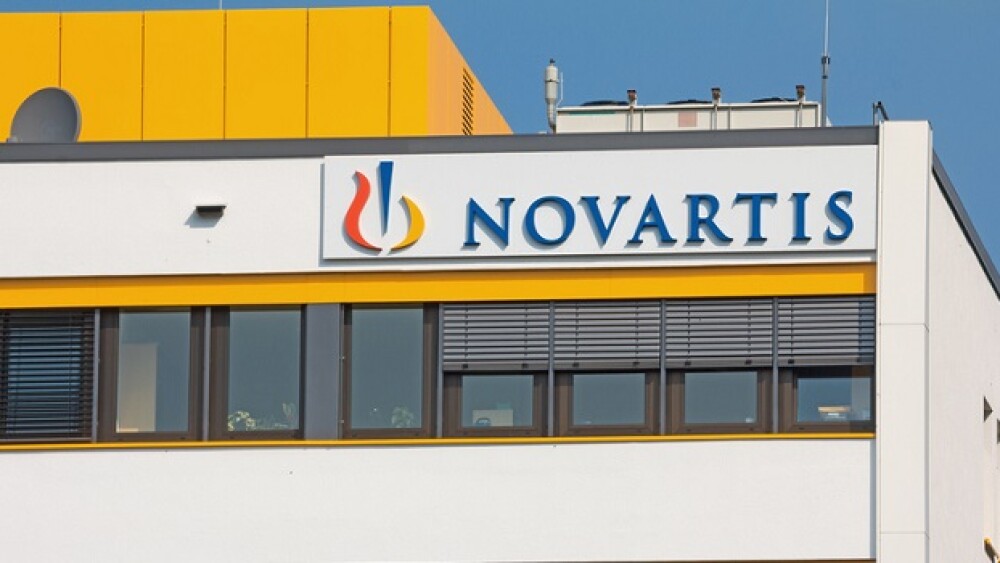The Swiss pharmaceutical company filed a suit Friday joining a growing group of legal complaints by Big Pharma seeking to block the Inflation Reduction Act’s Drug Price Negotiation Program.
Pictured: Novartis office in Germany/iStock, TBE
Novartis on Friday filed a lawsuit against the Department of Health and Human Services, joining a growing list of industry heavy-hitters seeking to block the Inflation Reduction Act’s Drug Price Negotiation Program.
Like other complainants before it, Novartis questioned the constitutionality of the program while arguing that it forces pharmaceutical companies to sell their drug products at much lower prices, curtailing their profits and disincentivizing innovation.
“The drug price-setting provisions in the IRA represent an unconstitutional taking of pharmaceutical manufacturers’ private property,” Novartis said in a Friday statement, adding that the program also compels companies to agree with the government’s pricing by imposing “excessive and crippling fines” on those who otherwise refuse.
Novartis also contends that the Medicare Drug Price Negotiation Program violates the First Amendment by forcing drug manufacturers to endorse the government’s view that its prices are fair.
Beyond its constitutionality, Novartis claims that the program “will stifle innovation and jeopardize the creation of future medicines,” which in turn will disrupt the development of life-saving treatments.
Friday’s lawsuit is the first IRA complaint filed after the Biden administration last week released the list of the first 10 drug products that would be impacted by the drug negotiations. Taken together, these 10 medicines cost the U.S. government around $50 billion from June 2022 to May 2023, according to a factsheet released by the Centers for Medicare and Medicaid Services.
Novartis’ heart failure therapy Entresto (sacubitril/valsartan) is on the list, along with other widely prescribed treatments such as Bristol Myers Squibb’s blood clot medicine Eliquis (apixaban), Eli Lilly’s diabetes drug Jardiance (empagliflozin) and Amgen’s psoriasis treatment Enbrel (etanercept).
President Joe Biden signed the IRA into law in August 2022, with the goal of saving $25 billion in drug costs over the next eight years. The negotiation provision allows Medicare to renegotiate the prices of some of the most widely prescribed medicines, with the new pricing to take effect in 2026.
While recent research has shown that the negotiation program is likely to be effective, generating some $1.8 billion in savings just in its first year of implementation, pharma companies have strongly opposed the provision.
Merck filed the first legal complaint against the IRA in June 2023 and has since been followed by several other large pharma companies. BMS, J&J and Astellas followed suit in July 2023, while Boehringer Ingelheim and AstraZeneca joined last month.
Tristan Manalac is an independent science writer based in Metro Manila, Philippines. He can be reached at tristan@tristanmanalac.com or tristan.manalac@biospace.com.






